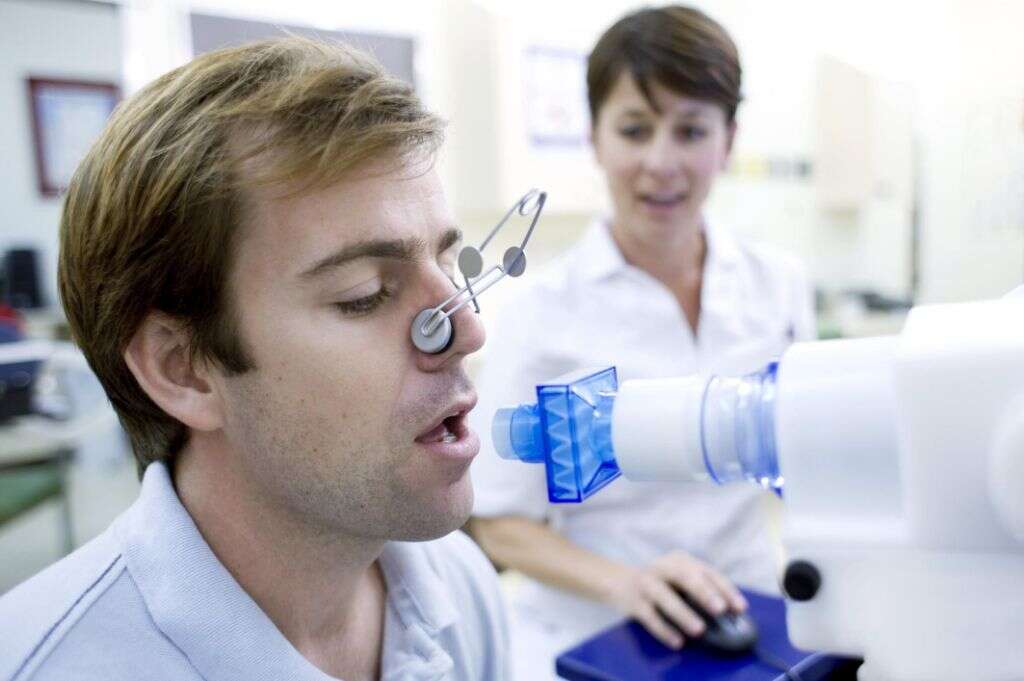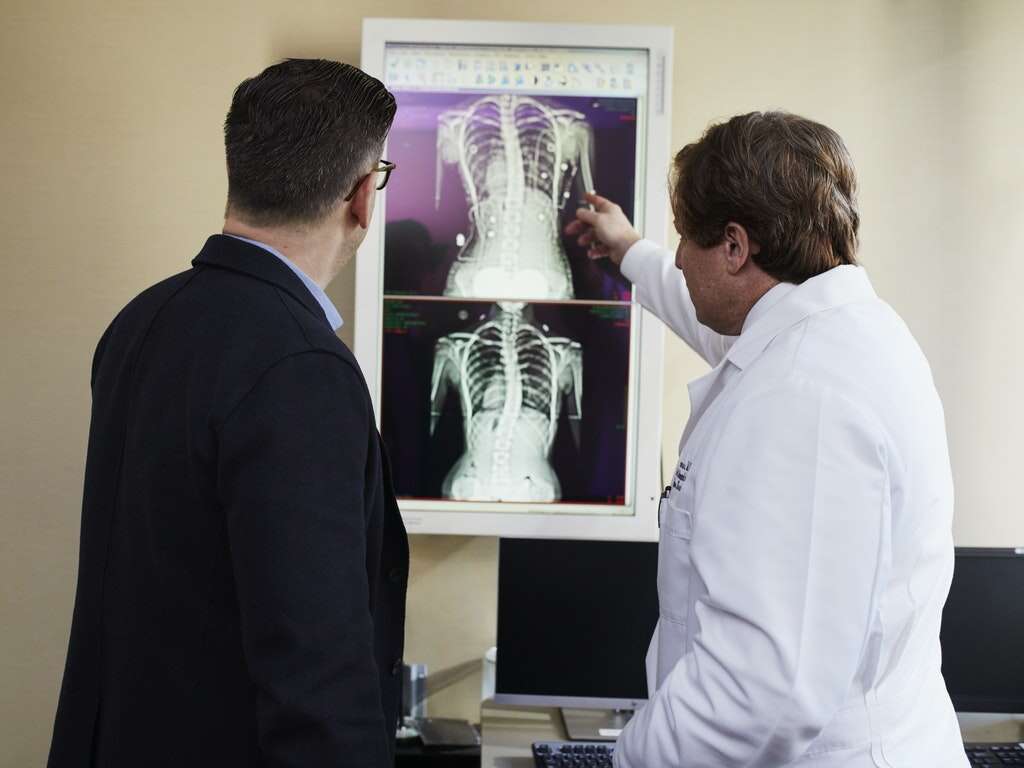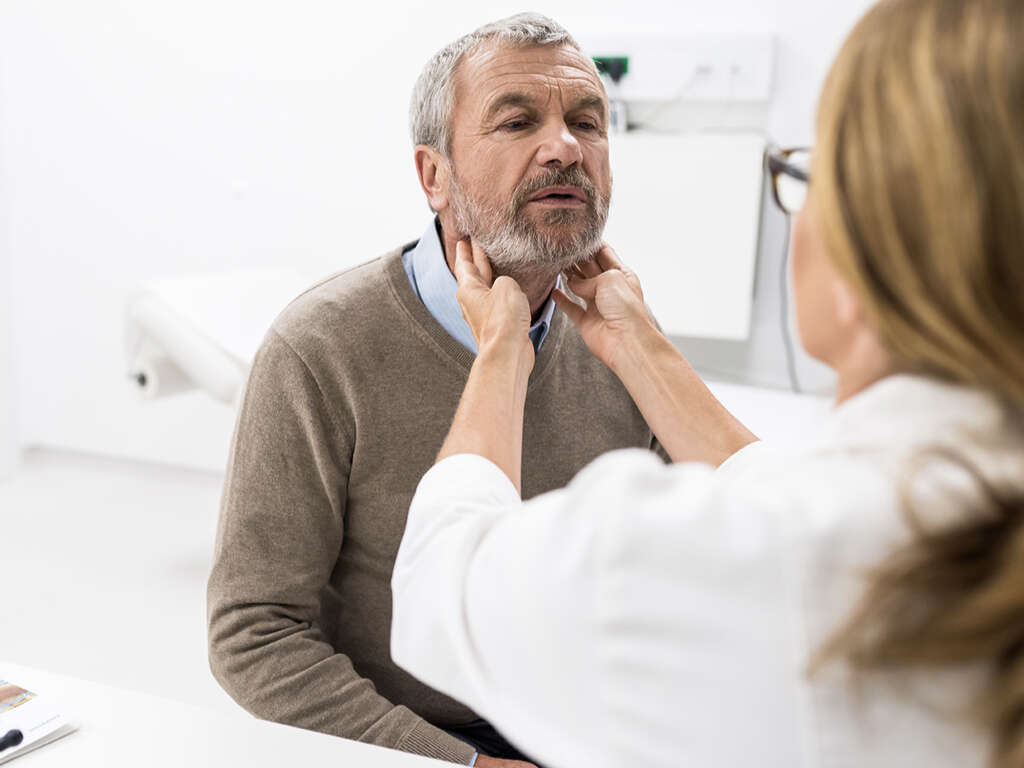What Is Respiratory Distress?
7. Prognosis After a Diagnosis
While a diagnosis of respiratory distress can be scary, the prognosis for many people is very good if treatment is started right away. Once any acute episodes are addressed, treatment can often continue at home. You will need to be monitored with lung function, muscle strength and physical capacity tests. It is also important that any medication is taken exactly as prescribed.
Lifestyle choices can greatly impact your recovery process. One of the major contributors to repeat episodes is exposure to lung irritants, like those found in cigarette smoke. If you are currently a smoker, take steps to quit; if you aren’t, then don’t take up the habit. Regular exercise can also help strengthen the lungs and supporting thoracic muscles to make respiration easier and more efficient.
Advertisement











